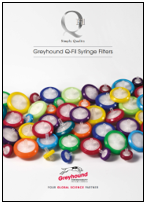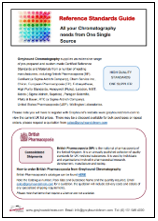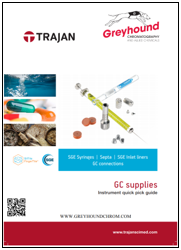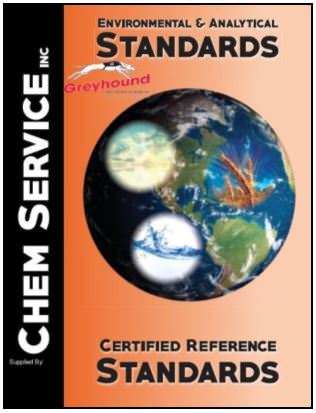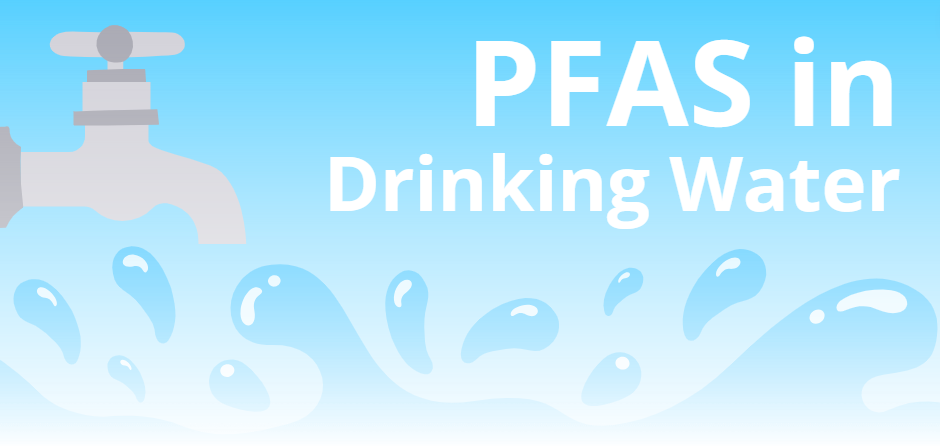
Minimize your exposure to PFAS
1) Filtered Water:
Use a quality water filter that is certified to remove PFAS. Look for filters with activated carbon or reverse osmosis systems, as they are known to be effective.
2) Avoid Non-Stick Cookware:
Non-stick cookware can sometimes contain PFAS. Consider using alternatives such as stainless steel, cast iron, or ceramic cookware.
3) Limit processed and pacakged foods:
Processed and packaged foods may come into contact with materials containing PFAS during manufacturing and packaging. Opt for fresh, whole foods and reduce reliance on processed items.
4) Choose PFAS free Products:
Check labels on products such as food packaging, cosmetics, and cleaning supplies. Look for PFAS-free alternatives or products labelled as PFAS-free.
5) Avoid stain resistant treatments:
Avoid purchasing stain-resistant carpets, furniture, and clothing, as these often contain PFAS. Choose natural anf untreated materials whenever possible.
CONTACT US
Tel: +44 (0) 151 649 4000
Email: marketing@greyhoundchrom.com
FOLLOW US
YOU MAY ALSO BE INTERESTED IN OUR NEWSLETTER


